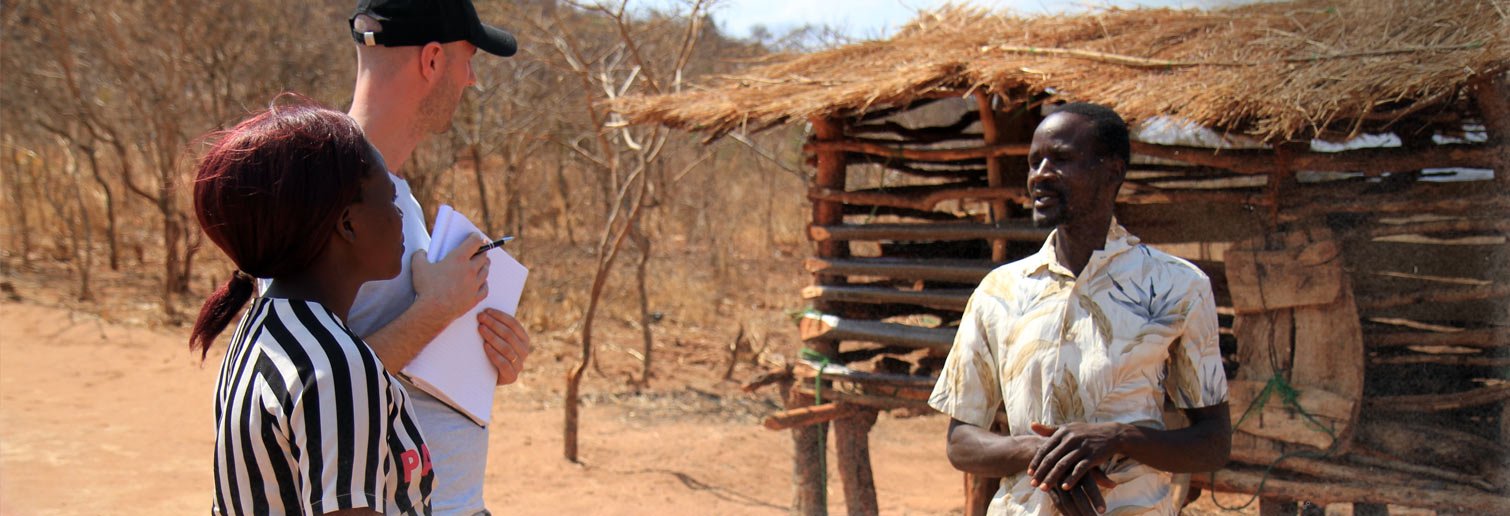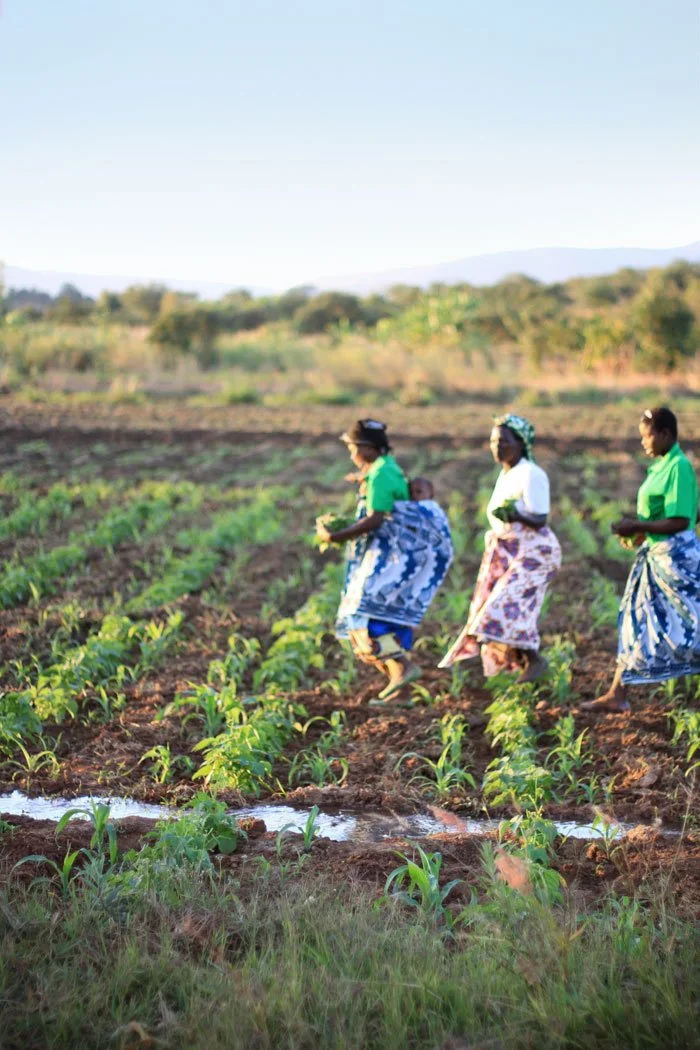
Our Approach
We exist to change the trajectory of the lives of children living in extreme poverty.
We have found over the years the best way to achieve our aim is by helping to create environments where the freedoms of children are upheld and their needs are met.
Where parents and carers are consumed with a daily battle for survival, a child is not normally prioritised. By working with parents and carers, schools, local development structures and leaders we help communities to build a world where children live in safety, eat good food, drink clean water and receive an education.
Our strategy has 3 central components:
Partnership — local people are the driving force.
Enterprise — a strong and inclusive local economy is a prerequisite for poverty reduction.
Community Support — coming alongside families to create the conditions for economies to grow from the bottom up.
Partnership
Local people and organisations should be the driving force behind change in their communities. Local ownership not only ensures that our effort has lasting impact, but the best solutions to problems are rooted in the knowledge of local people.
For this reason we do all of our work with and through grassroots organisations who are accountable to their communities.
We put a lot of effort into maintaining transparent, equal relationship with our partners. In the context of genuine partnership, pairing resources and advice with local knowledge and expertise makes for a potent combination. What we can achieve together is far greater than what we could ever hope to achieve apart.
With our partners we come alongside those in need to help them discover their potential to build a bright future for their families.

“Partnership is exciting; together we can do more. Pairing resources and guidance with local knowledge and skills makes for a potent combination.”
Enterprise
Long-term poverty reduction occurs where inclusive economic growth is happening. This growth takes place in an environment where small and medium sized businesses can operate well, providing the essential goods and services, jobs and markets desperately needed by the population.
Any impacts of efforts to reduce poverty will be short-lived if they do not result in the the local economy becoming less fragile over time.
We work to help local economies develop by:
Supporting men and women with training in business and agriculture and start-up loans loans as they pursue independent and cooperative enterprise.
Facilitating access of unbanked communities to informal financial services so that community members can save money and use credit for investing in enterprise and smoothing household cashflow.
Starting and investing in social enterprises that provide vital services and employment. You can find out more about this HERE.
Community Support
There are basic prerequisites for a strong local economy to develop. For example, in a village with poor access to water, huge amounts of time and resources are taken up managing this problem — travelling large distances, extra medical bills etc.
As a result we work with communities to help create an environment where small businesses can operate well. We provide support in communities in the areas of Livelihoods, Economic Empowerment & Nutrition, Water & Sanitation, Primary Education and Gender Equality, as outlined below:
1. Livelihoods, Economic Empowerment & Nutrition
We help men and women earn good incomes so that they can meet the needs of their families.
We do this through:
Basic financial services, in the form of Village Banks (or Village Savings & Loan Associations). These informal member owned institutions provide unbanked individuals with a place to save money and access small loans and insurance. Groups of up to 25 elect a committee and write a constitution. They receive comprehensive weekly support as they save small amounts of money in a joint fund. As the pool grows, members can apply to borrow a loan, which is repaid with interest. The fund grows, and members receive their savings back after 9-12 months with interest, typically of 30-100%.
Agricultural training and support. The majority of community members are dependent on subsistence farming, with most produce being used for households consumption. As a result incomes are low, and things like school fees, medicines or clothes are often out of reach. Training in commercial production and marketing enables farmers to start generating income. They are enabled to grow valuable crops, process them, store them and get them to market. We also provide loans of seed and livestock to help kick-start businesses.
Business training enables community members to invest small loans in profitable micro enterprises. There are few employment opportunities for people in the communities in which we work, so starting a business is necessary in order to generate income.
2. Water, Sanitation & Hygiene
Clean water access is a huge issue for many communities, resulting in high rates of infection and child mortality. We provide access to clean water points, sanitation facilities as well as education.
Sustainability is a huge issue with water supply, so we make a lot of effort to ensure water users are properly trained to manage and maintain their water supply.
3. Primary Education
We work with communities to improve primary education access, by improving school infrastructure and facilities as well as working with parents to help them to prioritise the schooling of their children.
4. Gender Equality
The equality of men and women is a theme that runs through all of our work. For communities to tackle extreme poverty effectively, women need to be empowered to fully participate in decision making at household and community level.
One way in which we address gender-related issues is through theatre, with performances designed to encourage men, women and children to think about the benefits of joint decision-making and how to empower one another.



